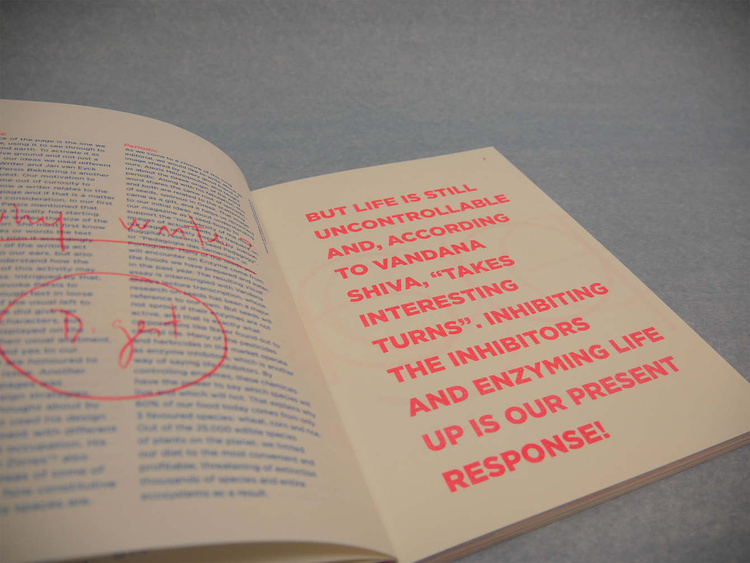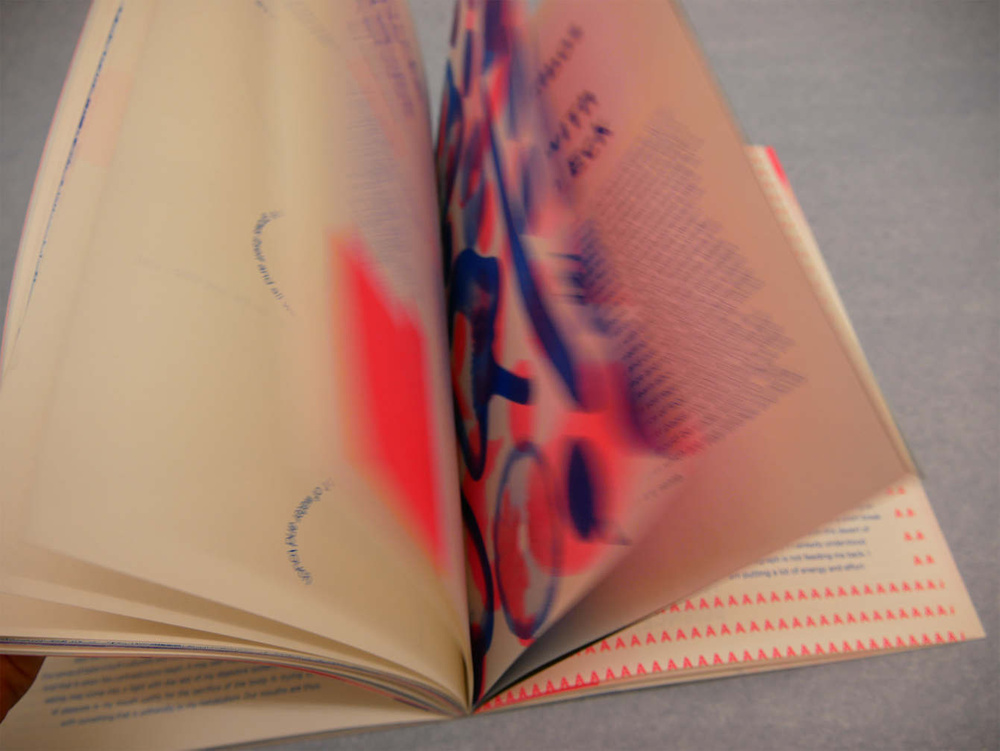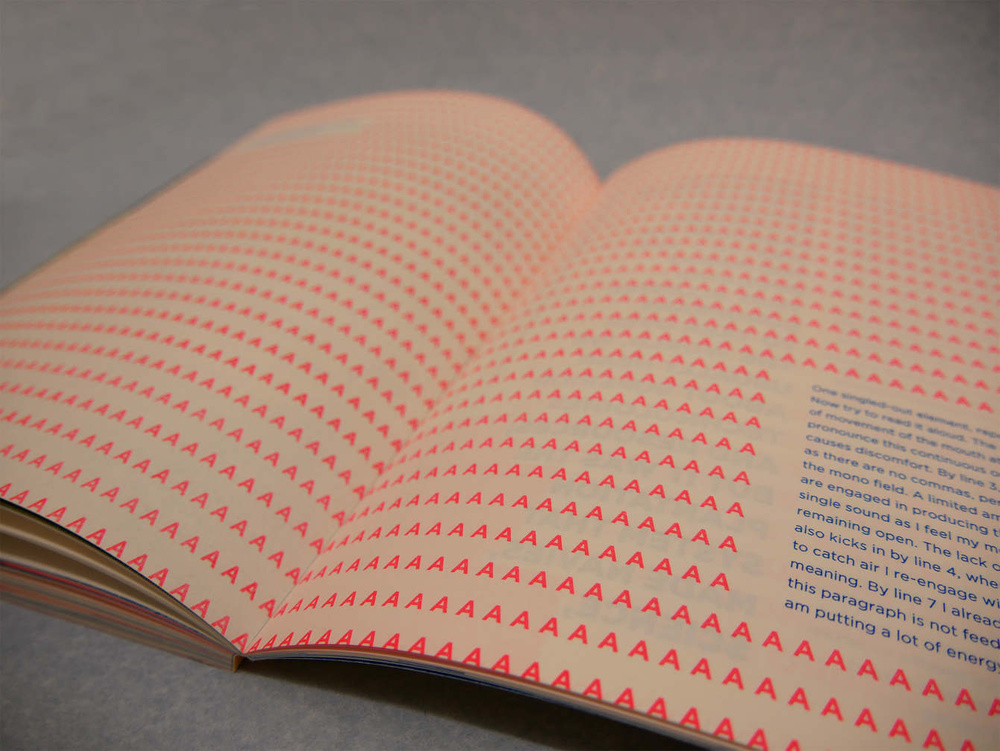Liverpool Biennial 2021
Enzyme Magazine was created in 2020 by artists Joélson Buggilla and Jorgge Menna Barreto as a periodical that is also a durational art work.
The first issue was launched at Jan van Eyck Academie (NL) and was dedicated to finding possible relations among the surfaces of the page, the table and the earth.
Thinking of the periodical as part of an intellectual work of digestion, the artists proposed a second issue as their project for Liverpool Biennial and invited curator Sarah Kristin Happersberger to join them as co-editor.
Artists Abbie Bradshaw, Bonnie Ora Sherk, Cos Ahmet, Linda Jane James and Newton Harrison, as well as LJMU Art students, collaborated on the challenge of turning Enzyme #2 into Life Systems, the title for this issue.
https://liverpoolbiennial2021.com/programme/enzyme-2-life-systems-magazine/
Enzyme Magazine was created in 2020 by artists Joélson Buggilla and Jorgge Menna Barreto as a periodical that is also a durational art work.
The first issue was launched at Jan van Eyck Academie (NL) and was dedicated to finding possible relations among the surfaces of the page, the table and the earth.
Thinking of the periodical as part of an intellectual work of digestion, the artists proposed a second issue as their project for Liverpool Biennial and invited curator Sarah Kristin Happersberger to join them as co-editor.
Artists Abbie Bradshaw, Bonnie Ora Sherk, Cos Ahmet, Linda Jane James and Newton Harrison, as well as LJMU Art students, collaborated on the challenge of turning Enzyme #2 into Life Systems, the title for this issue.
https://liverpoolbiennial2021.com/programme/enzyme-2-life-systems-magazine/
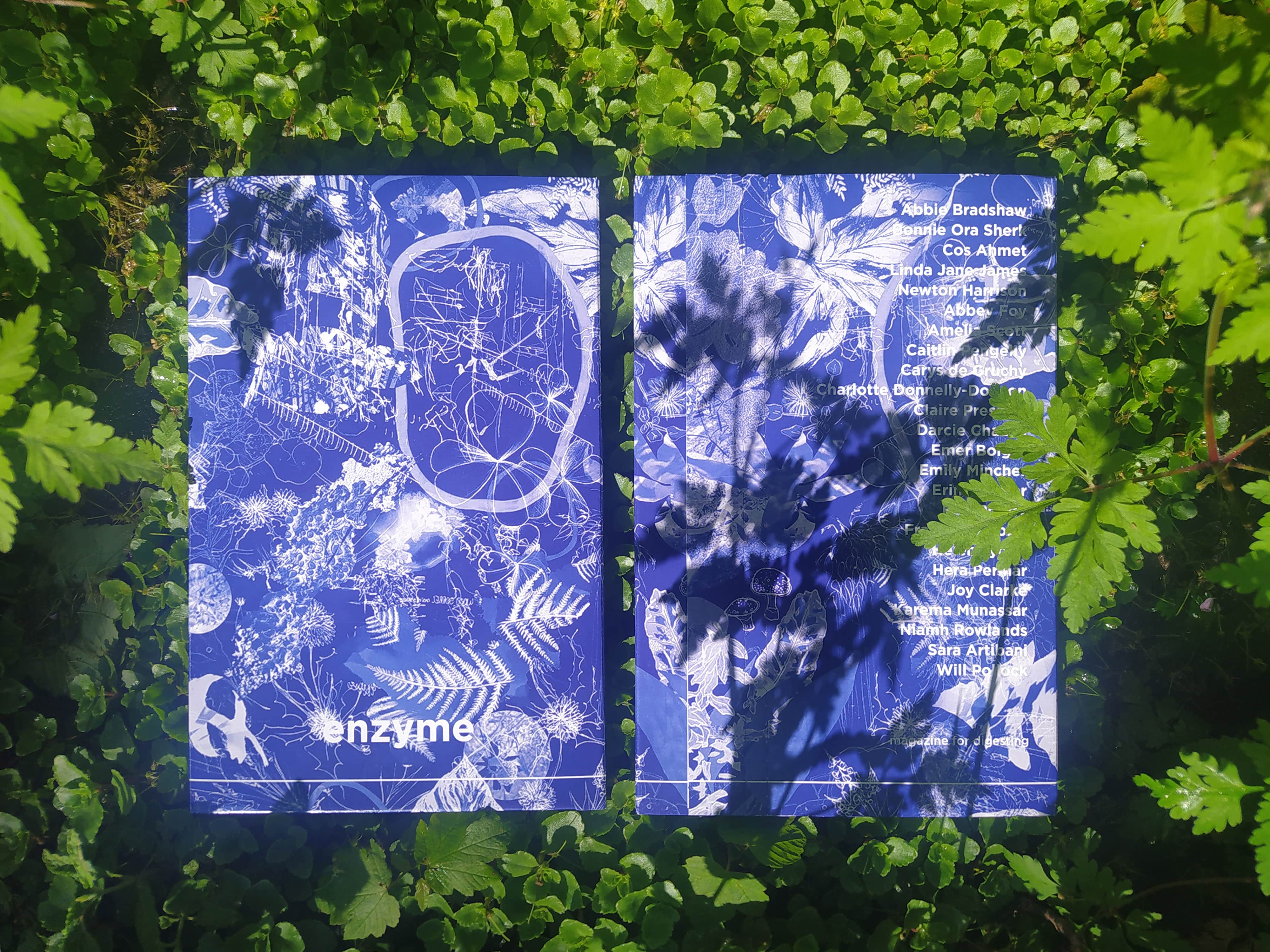
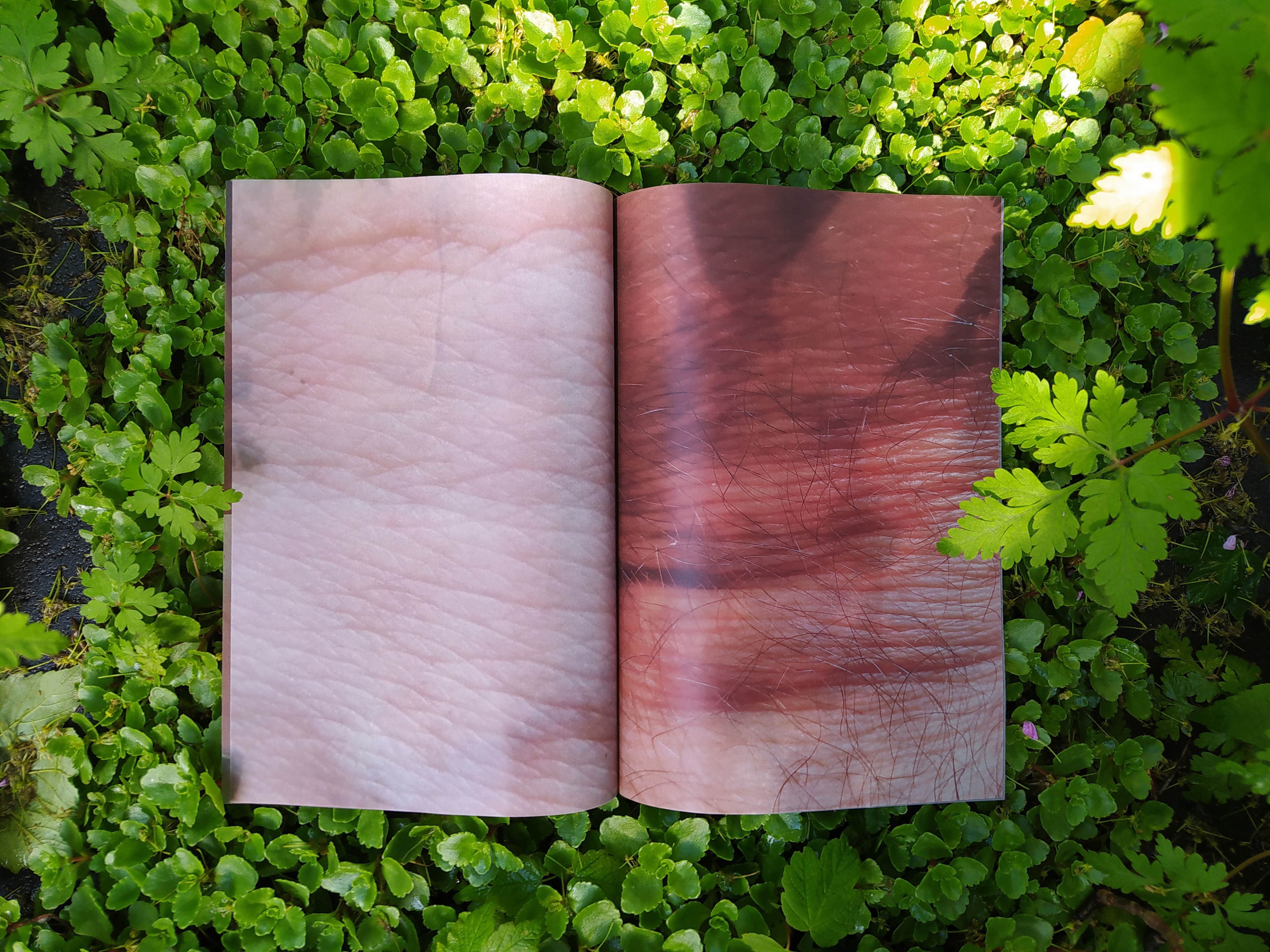
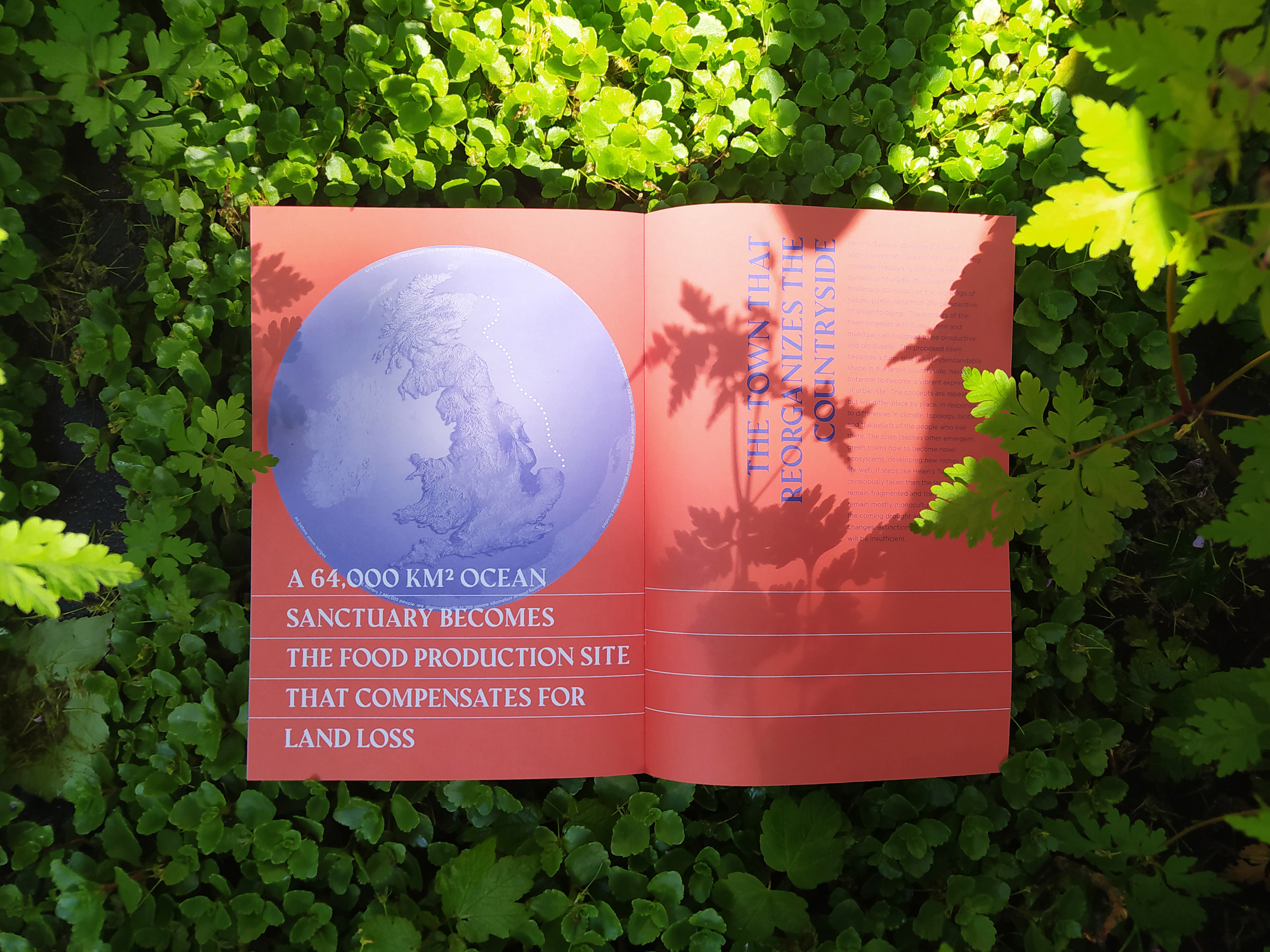
enzyme magazine #1
200 copies - 122 pages
Printed in Risograph
Jan van Eyck Printing & Publishing Lab
2020
Jorgge Menna Barreto and Joélson Buggilla perceive the digestive system as a powerful sculpting tool. What humans choose to cultivate and consume shapes and transfigures entire landscapes. Using the term environmental sculpture, Menna Barreto and Buggilla seek means of writing onto landscapes in ways that support biodiversity and more regenerative forms of agriculture.
Feeling a growing suspicion toward exhibition formats, Menna Barreto and Buggilla devoted their time at Jan van Eyck to initiating projects that felt more sustained and ever more sustainable. At the Academie they founded a periodical titled Enzyme whose format they hope will allow for multiple iterations and greater continuity. The publication forges an intersecting ecosystem between the surface of the earth, the surface of the plate, and the surface of the page.
In times past, many indigenous Brazilian tribes were known to cannibalize their conquered enemies as a way of absorbing their power. Enzyme is a nod to the legacy of Brazilian poet Oswald de Andrade and his Anthropophagic Manifesto (1928), in which he proposed cultural cannibalism as a means for Brazilians to forge their identity as a formerly colonized country. According to Menna Barreto and Buggilla, Brazilian modernism was based in large part on artists who traveled to Europe, digested what they saw, and returned home to transform it into something distinctly local. Enzyme proposes cultural criticism as yet another metabolic activity. Menna Barreto and Buggilla posit the intellectual work of digestion as a way in which we can process, break down and de-compose thoughts anew.
Text by Amanda Sarrof
Printed in Risograph
Jan van Eyck Printing & Publishing Lab
2020
Jorgge Menna Barreto and Joélson Buggilla perceive the digestive system as a powerful sculpting tool. What humans choose to cultivate and consume shapes and transfigures entire landscapes. Using the term environmental sculpture, Menna Barreto and Buggilla seek means of writing onto landscapes in ways that support biodiversity and more regenerative forms of agriculture.
Feeling a growing suspicion toward exhibition formats, Menna Barreto and Buggilla devoted their time at Jan van Eyck to initiating projects that felt more sustained and ever more sustainable. At the Academie they founded a periodical titled Enzyme whose format they hope will allow for multiple iterations and greater continuity. The publication forges an intersecting ecosystem between the surface of the earth, the surface of the plate, and the surface of the page.
In times past, many indigenous Brazilian tribes were known to cannibalize their conquered enemies as a way of absorbing their power. Enzyme is a nod to the legacy of Brazilian poet Oswald de Andrade and his Anthropophagic Manifesto (1928), in which he proposed cultural cannibalism as a means for Brazilians to forge their identity as a formerly colonized country. According to Menna Barreto and Buggilla, Brazilian modernism was based in large part on artists who traveled to Europe, digested what they saw, and returned home to transform it into something distinctly local. Enzyme proposes cultural criticism as yet another metabolic activity. Menna Barreto and Buggilla posit the intellectual work of digestion as a way in which we can process, break down and de-compose thoughts anew.
Text by Amanda Sarrof
︎ Sold off
enzymemagazine@gmail.com
![]()
![]()
![]()
![]()
enzymemagazine@gmail.com



